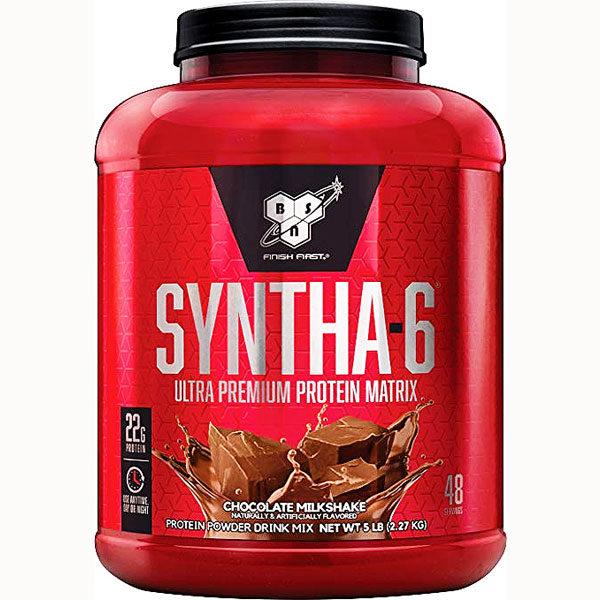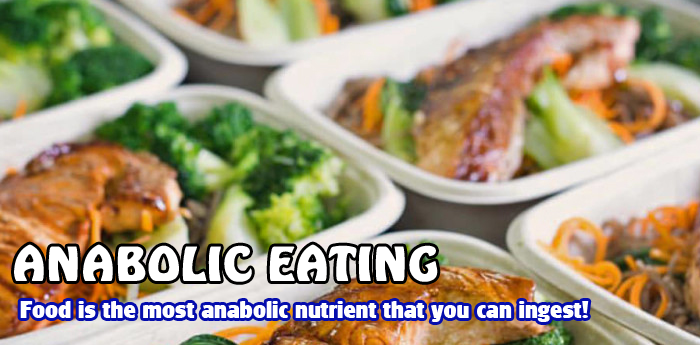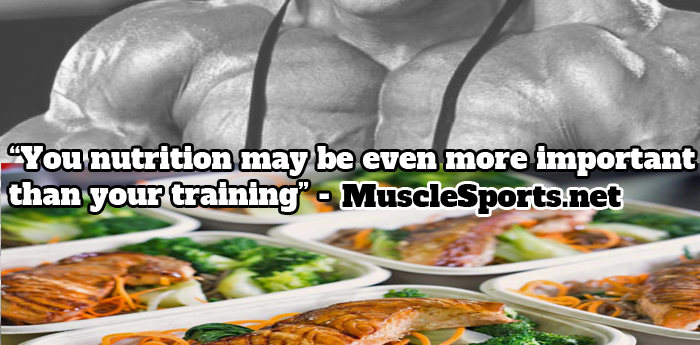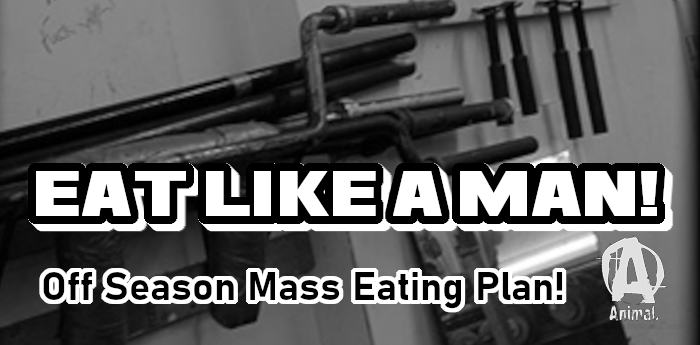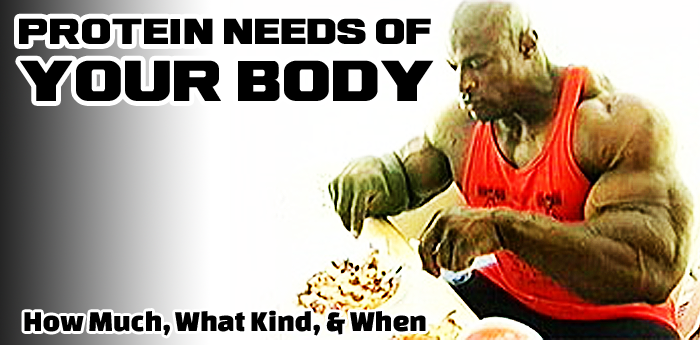

By: MuscleSports.net
One of the biggest keys in bodybuilding sucess is knowing how to us protein intake for growth, energy and healing!
“Only by understanding the basics of protein chemistry, as well as the nutritional requirements of the body can one hope to develop a diet which meets the protein needs of their body.”
This article is from a conversation I had with a young man who was asking some good why questions, but couldn't figure out just why his training wasn't going the way he thought it would --- D.L.
I was at home in my office the other day when a young man who does some work for me stopped by to review his workout program. He was noticeably upset and started his discussion by complaining about his apparent lack of muscular gains in spite of his hard work. We spent a great deal of time reviewing his exercise program, and I came to the conclusion that anyone who seriously followed his routine should have little trouble gaining a considerable amount of muscular weight.
When I asked to see his diet or eating plan he responded in a rather defensive manner that he eats plenty of protein. Immediately knew we had hit the crux of his problems. He continued to question the usefulness of certain exercises. I gave him a piece of paper and pencil, and asked him to write down what he ate yesterday. With this information in hand, I asked him 3 basic questions:
- 1. How much protein do you feel you should be eating every day.
- 2. what do you think determines your protein needs.
- 3. I asked him if he knew the difference between a good quality and poor quality protein.
His answers were not only far off the mark, but they reflected the general lack of information (or at least mis-information which was either outdated or incomplete) shared by many athletes in regards to protein intake and consumption. Only by understanding the basics of protein chemistry, as well as the nutritional requirements of the body can one hope to develop a diet or eating plan which meets the protein needs of their own body.
We sat down and I began by explaining to my young friend that protein, which comes from the Greek word “proteios” meaning ‘to take first place’ exists in many different forms. Each protein consists of smaller subunits called amino acids. There are at present over 20 (22 forms as a matter of fact) dIfferent amino acids which have been isolated from food and body proteins. Amino acids, which are composed of carbon, hydrogen and nitrogen, are linked together in specific arrangements to make the many different proteins of the body. Some amino acids are produced by the body, some are not. Of course, those amino acids not produced by the body must be included in our diet.
Since our bodies can only get these certain amino acids from the foods we eat, they are called essential amino acids - EAAs. Essential because the presence of these amino acids in one’s diet is important. Since some amino acids are produced by our bodies, these amino acids can be, at times, excluded from our diet and are therefore called dispensable or non essential amino acids. The quality of the protein in your food is therefore determined by the relative amounts of essential amino acids. A high quality protein is one which contains all the essential amino acids in amounts which will not inhibit growth in a healthy body. Additionally, a high quality protein source will also include all the other non essential proteins as well. Low quality proteins will lack one or more of the essential amino acids.
For adults, the 8 essential amino acids are; lysine, leucine, isoleucine, valine, methionine, pheylalanine, threonine, and tryptophan. All the essential amino acids required for synthesis of a given protein must be present in adequate amounts. If just one of the essential amino acids is missing the protein being made by the body will stop. The other essential amino acids which are present will not be used for protein building (since protein synthesis has stopped due to the absence of one essential amino acid), but will instead be used for energy production.
Usually, fats and carbohydrates are used to supply energy to the body, whereas protein is used for growth and repair needs of the body. The body is remarkable in that in the presence of a low caloric diet, it can convert protein to a carbohydrate metabolite for use as an energy source. This, of course, is not the intended purpose of protein and is a very expensive source of energy (protein foods being far more expensive than carbohydrate foods).
Proteins are important for the construction of tissue cells, antibodies, muscles, organs, glands, hormones, enzymes, and other chemicals which regulate the many body functions. Since most proteins in the body are continuously being turned over (broken down and rebuilt), new proteins to replace the old broken down proteins must be made from the amino acids eaten in the form of food and amino acids made by the body. When protein is lacking in a diet, the body will remove protein from muscle tissue and other tissues not necessary for survival, and break this protein down to its amino acids. The amino acids are then sent to other more important organs of the body for the formation of protein to be used by these essential organs. So, in order not to have a decrease in muscle mass, one must be certain to eat enough high quality protein.
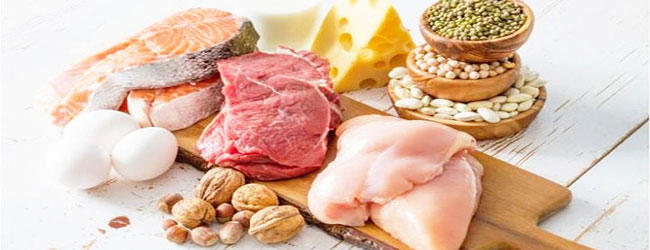
It is very difficult to evaluate the protein quality in a given food. Ideally, a comparison can be made between the amino acid content of any given food with what most nutritionist consider a high quality foods, such as eggs, chicken, or whey protein. In general, it is found that milk, cheese, meat, poultry, fish and eggs contain a higher quality protein than do plant sources. Plant proteins are usually of a lower quality, except for legumes. Legumes such as soybean and pea beans are an excellent source of high quality protein, lacking only in an abundance of methionine. Vegetarians usually get around this problem by eating a mixture of plant proteins, so as to create a protein mixture of the same quality as that derived from animal sources. For example, legumes, which are low in methionine but rich in lysine, can be eaten with nuts and grains, which are rich in methionine but low in lysine. Yeah there are work around but you have to be very conscious of have complete protein chain. Whatever the source, it is important that enough high quality protein be eaten to provide the body with an adequate supply of essential amino acids, as well as a good supply of the indispensable amino acids needed for synthesis.
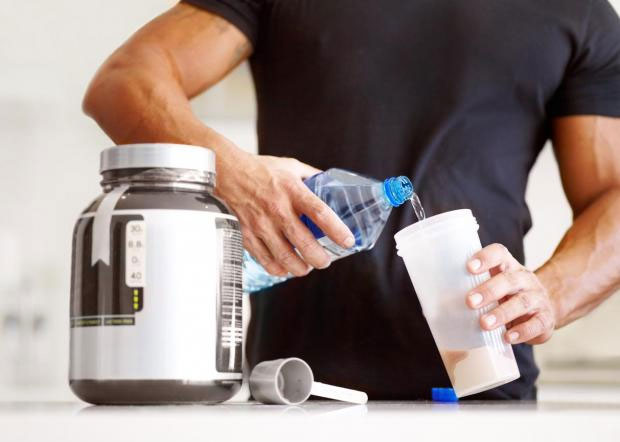
The protein requirements of an hard training athlete is very difficult to determine. We use estimates of a minimum daily requirement for protein consumption to help us zero in on protein requirements. For adult males we have ranged from 40 to 300 plus grams a day. In large part, the protein requirements will be influenced by the quality of the protein being eaten, the adequacy of the non-protein part of the diet, the health status and the physiological state of the individual. In general, the lower the protein quality, the more protein that must be eaten in order to assure adequate supplies of the essential amino acids.
Likewise, if a person eats a low caloric diet, a diet which is deficient in energy producing carbohydrates and fats, some of the proteins will be used for energy production. This will increase the protein requirements. Additionally, an illness or disease state (long or short term) will cause the protein requirements to increase. This is in response to anti-body production and other physiological alterations required in order for healing to take place.
Lastly, the physiological state of the individual will influence the amount of protein required by an individual. For example, pregnant women require 50 percent more protein and most any person will require more protein following surgery. The rule of thumb here would be that anytime growth is occurring (as in children, pregnancy or the development of new tissue following surgery) more protein will be required.
Weightlifters and bodybuilders who exercise to increase muscle mass will also require more high quality protein. Muscular activity for the sake of conditioning (where there is little increase in muscle mass) requires very little additional protein.
So, as can be seen, establishing a minimum daily requirement for protein is difficult and will be different for each individual. In spite of this variability, a few recommendations can be made which will help the bodybuilder to be more certain their diet contains an adequate supply of protein.
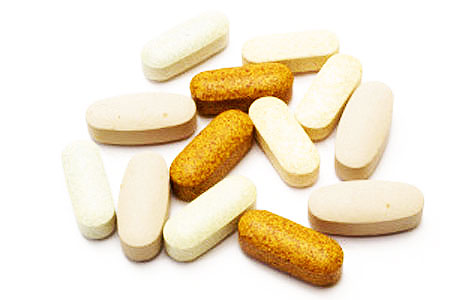
In making an accurate determination of bodies protein needs, the following assumptions will be made. First - the athlete (bodybuilder, powerlifter or weightlifter ) is between the ages of 15 and 50. Second - no major surgery. Further - it is assumed that the diet being followed meets the requirements for all other non-protein nutrients (i.e., vitamins, minerals, fats and carbohydrates) so that the body energy requirements are fully met. Under these circumstances, body proteins requirements will be the amount required for body maintenance plus that needed for growth of new muscle tissue.
The amount of protein required for maintenance or to satisfy the needs of the body due to loss proteins or maintaining normal body function has been established at approximately 55 to 60 milligrams per kilogram body weight per day. That is to say, for a 200 pound weightlifter approximately 24 to 27 grams of high quality protein must be eaten each and every day to maintain normal body function. This your Recommend Daily Allowance (RDA). This figure would be about 10 percent less for the normal non-pregnant female and up to 30 percent more for a growing child under 15 years of age.
Now we know what your thinking - 24 to 27 grams what the hell is that! This is the bare minimum to maintain body functions. At this level muscle canabolism is occurring. We must then consider the growth needs of the individual bodybuilder or powerlifter. Here is where a little creative dieting is required of the powerlifter or bodybuilder. To truly be sure of meeting the body protein needs during a muscle building program, one must consume enough protein to encourage maximum muscle growth without any appreciable increase in fat weight. A good starting point for the serious weightlifter or bodybuilder is to consume twice the amount of protein required to maintain normal body function.
For example, in the case of our 200 pound bodybuilder, a good starting point would be to consume approximately 150 to 180 grams of protein a day. The amount of protein a powerlifter or bodybuilder eats could, thereafter, be increased periodically until a point is reached where the individual begins to put on excess fat weight. This will occur when an individual eats more protein than they need. In this case, as long as one’s diet is adequate (caloric wise), the excess protein will not be used for energy, but will instead be stored as body fat. This will, of course, be dependent in part by the severity of the exercise program. The harder the exercise routine the more protein that may be used to provide energy and the less that will be stored as fat. Care must also be taken to periodically increase protein consumption to keep pace with increased bodyweight (due to an increase in muscle weight).
Ideally, the lifter should strive to eat enough carbohydrates and fats to supply all his energy needs (so protein can be used elsewhere), enough vitamins and minerals to assure peak physiological function and optimal utilization of the proteins eaten, and enough high quality protein to meet both the maintenance and growth needs of the body without the unwanted increase in bodyfat. Diets deficient in any of the non-protein nutrients will markedly increase protein demand. This would account for the claims some bodybuilders have made that optimum muscular growth can not be realized unless one’s diet contains proteins in excess of 300 plus grams per day. I would venture to guess that much of this protein is being wasted in the production of energy, energy that should be satisfied by a diet containing sufficient amounts of carbohydrates and fats. Fixing your shitty eating plan could correct these deficiencies and may also save you some coin because protein ain't CHEAP!!!!
Tags: Supplements Protein Amino Acids Muscle Builder Whole Foods
Train Smart & Train Hard!
DL
Thank You...

Send Us Your Comments:
The Protein Needs Of Your Body - Comments
Related Articles
Sponsored Products:
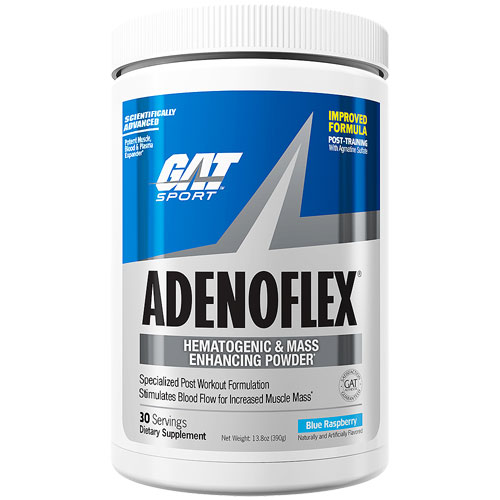
MASS ENHANCING POWDER!
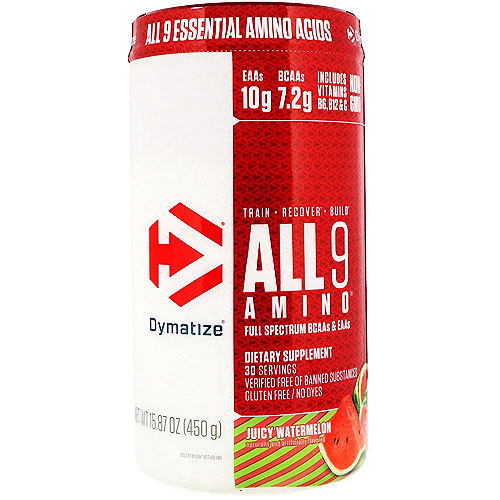
Full Spectrum EAAs!
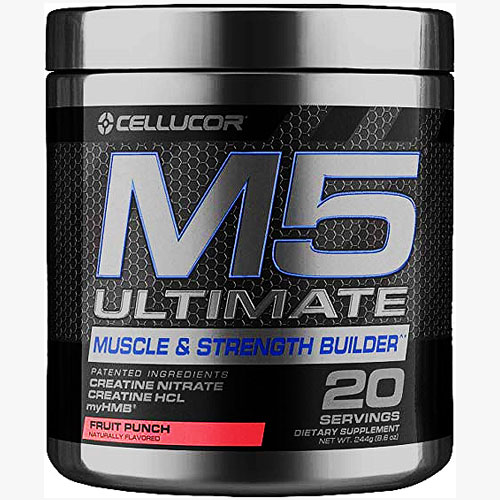
Muscle & Strength Catalyst!
Comments:

 Nutrition Books
Workout Accessories
Videos
Workout Music
Nutrition Books
Workout Accessories
Videos
Workout Music
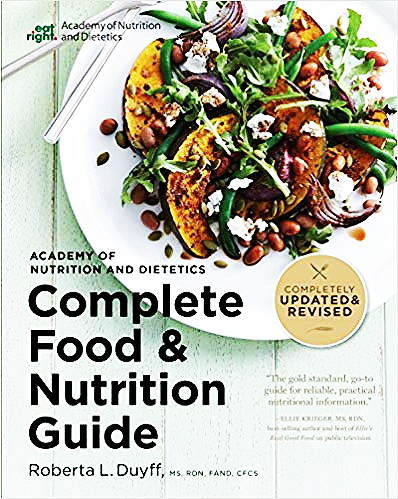

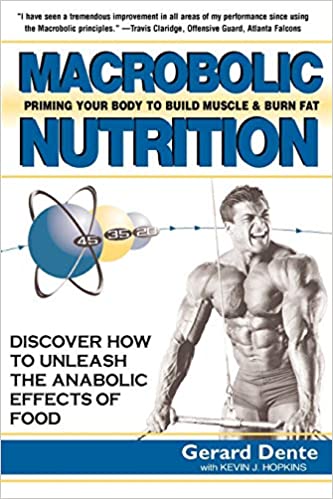

 By: MuscleSports.net
By: MuscleSports.net
